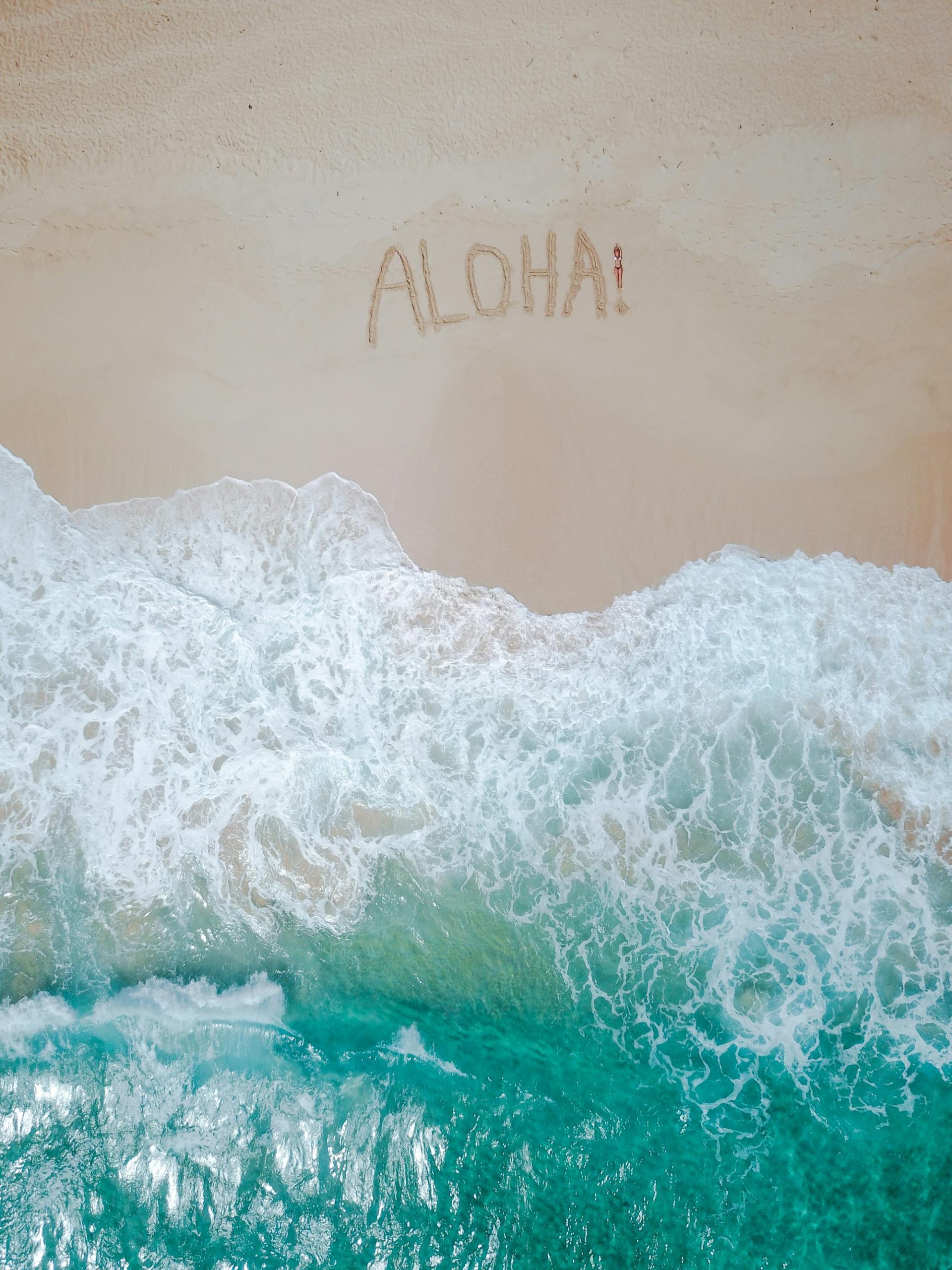What Type of Insurance Should I Consider for a Vacant Commercial Building?
I’m in the process of purchasing a commercial building equipped with an alarm system, sprinklers, and a new roof (installed in 2022). It will remain vacant for 3-5 months before I launch a retail business, and I don’t have any renovations planned.
Should I just start with general liability (GL) and commercial property insurance, or would it be beneficial to also include Workers’ Compensation, Liquor Liability, and Umbrella Insurance from the start? Are there any additional coverages I should think about while the building is unoccupied?
I would greatly appreciate any insights! Thank you!




When insuring a vacant commercial building, there are several types of coverage you should consider:
Vacant Property Insurance: Since the building will be unoccupied for 3-5 months, a standard commercial property policy may not cover certain risks associated with vacancy. Look for a policy specifically designed for vacant properties to ensure you have adequate protection.
General Liability Insurance (GL): This is crucial to protect against claims of bodily injury or property damage that could occur on the premises, even if it’s vacant.
Property Insurance: This will cover the structure itself as well as any potential damages from events like fire, vandalism, or theft.
Perils of Vacancy: Be mindful that many insurers impose restrictions on coverage for periods of vacancy. Specific events, such as vandalism or water damage, may not be covered—hence, discussing vacancy coverage specifics with your insurer is important.
Workers’ Compensation: This is generally not necessary until you have employees working on-site, but be prepared to obtain this coverage once you start hiring staff for your retail business.
Liquor Liability: Only necessary if you plan to sell alcohol once the business opens.
Umbrella Insurance: This provides additional liability coverage beyond your basic policies and is something to consider, especially if you foresee higher risks once your business is operational.
Infrastructure Coverage: Given that your building has an alarm system and sprinklers, you should confirm that your insurance covers these systems and any potential loss due to their failure while the building is vacant.
Additional Coverages: Depending on your situation, you might want to consider coverage for equipment or inventory, if applicable, or other specialized coverages relevant to your planned retail operation.
Overall, it may be beneficial to bundle your policies for discounts but focusing on the core coverages first (vacant property, GL, and property insurance) is a sensible approach. Be sure to discuss all details with an insurance agent who specializes in commercial properties to ensure you’re adequately covered for the duration the building is vacant and into your opening phase.